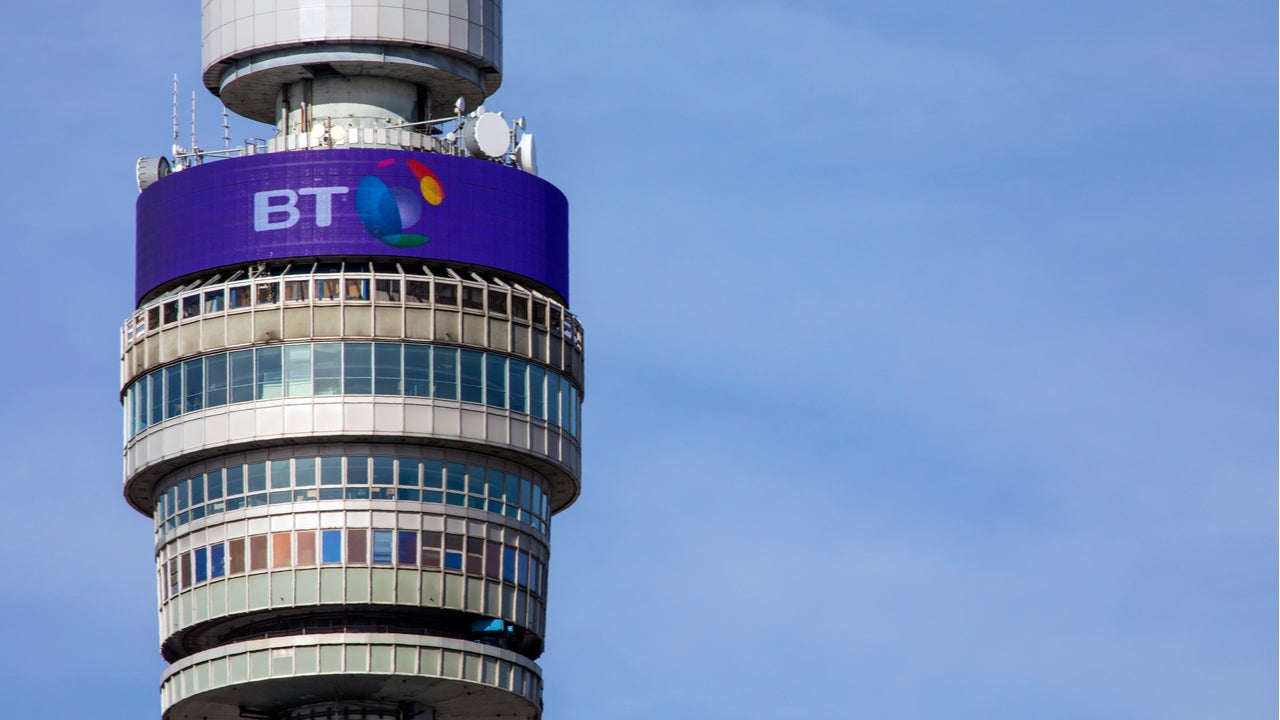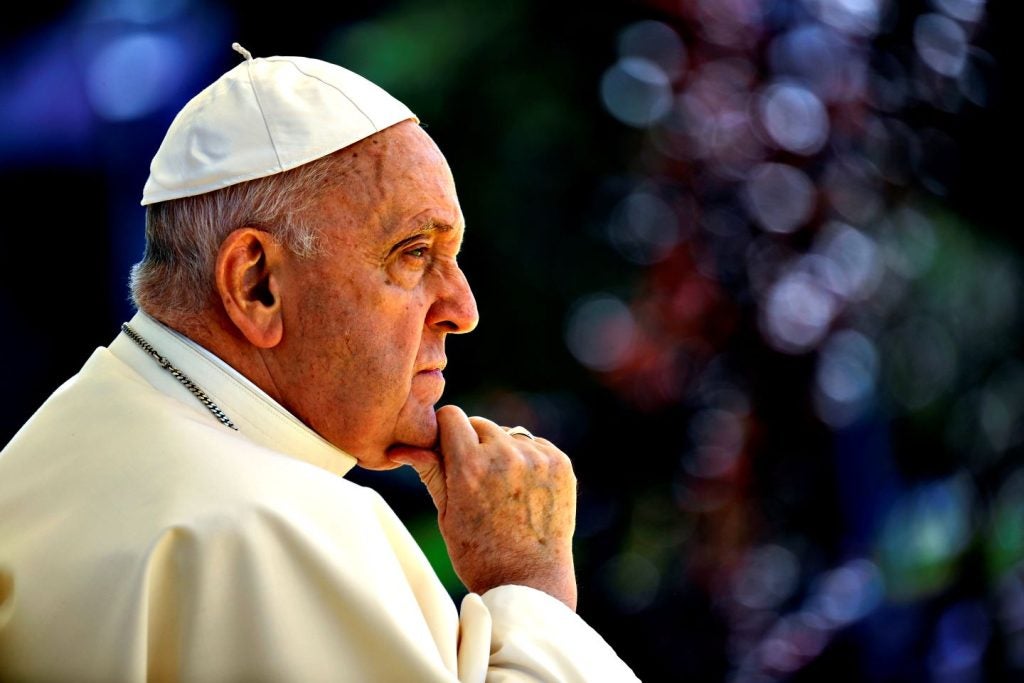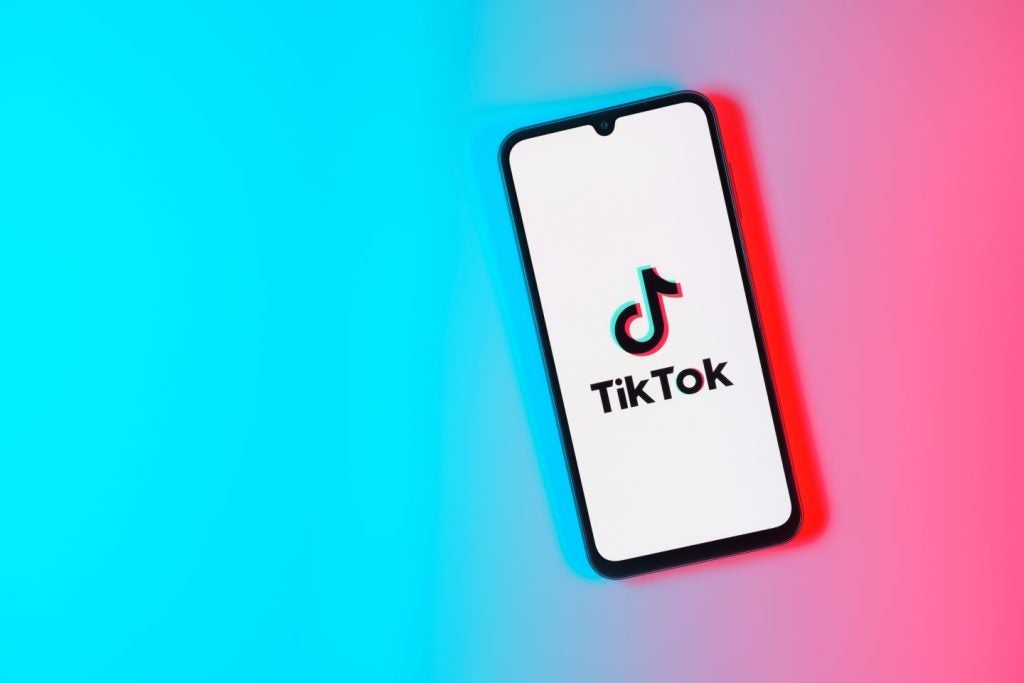The question over future ownership of BT, the UK former national incumbent telecoms service provider, has made news on several occasions in recent months.
BT has been available to ownership by individuals and organizations since 1984 when it was privatized. It is listed on the LSE and is owned by a range of investors, including many pension funds.
However, the potential of a single entity owning BT has come into focus since the surprise acquisition in June 2021 of a 12.1% of BT by Altice, the (primarily telecoms focused) conglomerate owned by the Franco-Israeli billionaire businessman Patrick Drahi.
Altice made a formal agreement not to acquire more of BT’s shares or launch a full takeover bid, but this undertaking was limited to only six months and the deadline expires in December 2021. Rumor is rife that Altice will expand its holding and recently announced increases in BT’s cost-cutting efforts have been viewed by some as anticipating the impact of Altice gaining a larger share of the provider.
Other companies have been suggested as possibly being involved in an attempt to acquire some or all of BT. German former incumbent Deutsche Telekom already owns 12% as a result of the sale of the EE mobile network to BT. However, DT is unlikely to make a move having recently signalled its intent to focus on Germany and Central Europe.
Reliance Industries, which is controlled by India’s richest man, Mukesh Ambani, has also been highlighted as a potential suitor, but it has strenuously denied the suggestion.
BT a Black Friday bargain?
The reason for interest in BT is a combination of motive and opportunity.
BT’s share price has fluctuated persistently in recent years. Several issues have had a negative impact on BT including concerns over funding its significant pension fund and wrangling over the ownership status of Openreach, the part of BT that operates its broadband infrastructure and which operates in a complicated legally separate structure within the BT Group.
BT’s business customer-oriented divisions, BT Enterprise and BT Global, have suffered sustained revenue decline – a situation worsened by the impact of Brexit and COVID-19.
As a result of these tribulations, in 2020, BT’s share price fell below the technically irrelevant but psychologically impactful 100p mark. The price has since recovered by more than 50% (in part due to takeover speculation), but it remains a potent brand and asset available at a relatively modest price.
BT a crown jewel
Although BT has been forced to reduce staff numbers and its global ambitions, selling off local network infrastructure in Italy, France, Germany, and Spain, its international network remains one of the most attractive worldwide at a time when global data traffic is surging.
The requirement for BT Openreach to build out next generation, ‘fiber-to-the-premises’, broadband services supporting speeds of over 1 Gigabit per second is also, possibly counter intuitively, a reason for investors to take interest in BT.
Operating the largest broadband network in one of the world’s biggest economies is seen by many as a highly lucrative opportunity. The proof is in the billions invested by venture capitalist firms in alternative fiber broadband providers to Openreach such as CityFibre.
National interest
Whilst BT Group has remained in the hands of multiple institutional investors and a wide range of individuals with minor holdings, its ownership has not caused too many sleepless nights in Whitehall or Westminster.
However, the idea of a non-UK individual or company privately owning the whole of BT may be viewed as a different matter. The recent bans on Huawei technology in UK mobile network infrastructure underlines the importance the UK Government places on guarding the UK’s connectivity and communications infrastructure.
Companies such as Vodafone, CityFibre, TalkTalk, and the new O2/Virgin Media joint venture can be, and in some cases are, privately owned, but they do not own Openreach and remain subject to heavy regulatory scrutiny.
The proposed merger of Three UK and O2 UK was blocked by regulators in 2016 purely on competition grounds. National security is likely to prove an even more significant impediment to takeovers and mergers that the UK Government deems to be against the national interest.
Former national incumbents have been acquired in other countries such as Eir in Ireland. Altice already own Portugal Telecom and in France it owns SFR, the primary challenger to Orange (formerly France Telecom).
However, the UK’s position as one of the most active nations on the international political and military theatres makes it a bigger target for cyber-crime and cyber-terrorism, and cyber-espionage. The future of BT is unlikely to be resolved simply.








